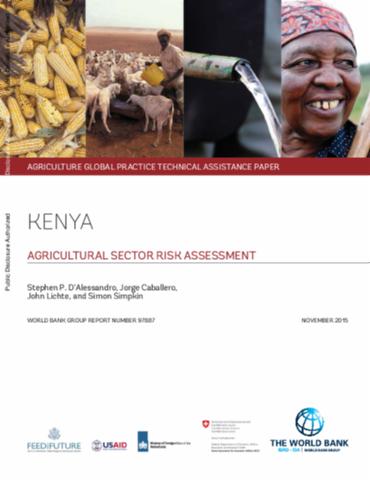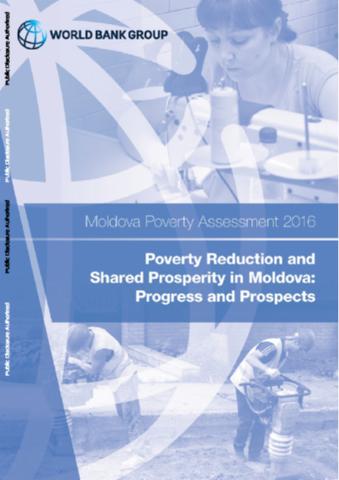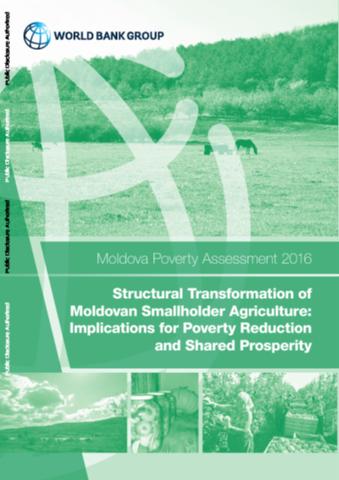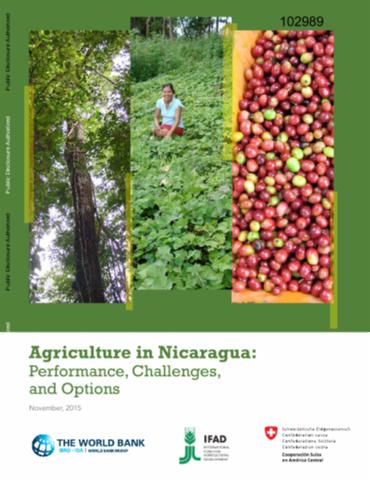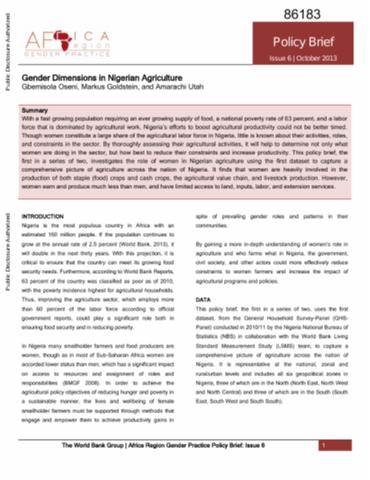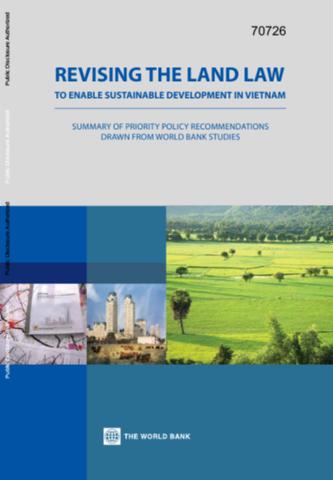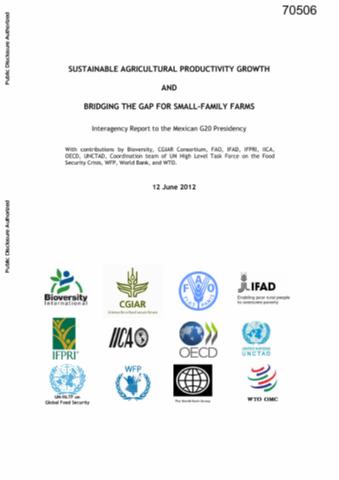The possibilities for recultivation of overgrown areas in Slovenia
Still, more agricultural land is getting abandoned in Slovenia, specially in less favored areas. Such process of degradation of fertile land is most intensively present in the Obalno-kraska region and Goriska. Similar happens with grassland in mountain region as less and less animals which are suitable for that region are bred there. To prevent brush encroachment and to start recultivation of aban




